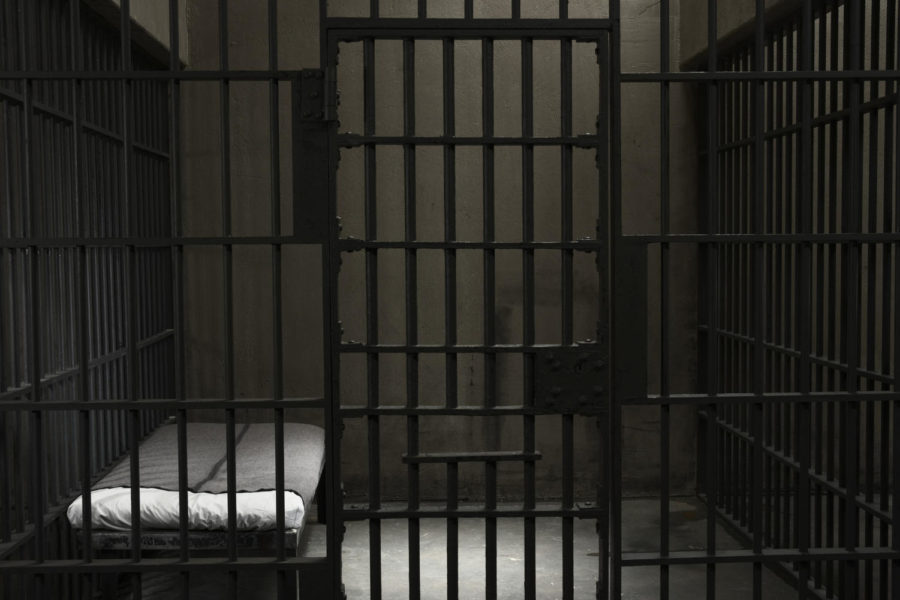Felker: Is Arkansas still the ‘apex of moronia?’
April 25, 2017
In the year 1931, an enlightened assembly of Arkansas statesmen passed an official motion to pray for infamous journalist, critic and essayist H. L. Mencken’s soul — they’d apparently nothing better to do. Mencken had called the state the “apex of moronia,” and this had not settled well with the Legislature.
Why Mencken was so interested in singling out Arkansas of all the other southern states — a region he had then pronounced “almost as sterile, artistically, intellectually, culturally, as the Sahara Desert” — is not for me to say. But there are certainly a good few other things I can say, and I will say them now.
First, some background. Monday night, two men were put to death in Arkansas: Jack Harold Jones and Marcel Wayne Williams.
This was America’s first back-to-back execution in nearly 17 years. These two men were among a group of eight, in total, set to be killed over a 10-day period. This was the result of a lengthy appeals process, during which members of the group had attempted to sue for clemency, relief for consideration and finally over the sedative used in the “two-drug protocol,” which had reached the U.S. Supreme Court before being denied a stay.
Even during the executions themselves, there was legal controversy. Per CNN’s report, “Infirmary staff tried unsuccessfully for 45 minutes to place a line in Jones’ neck, before placing one elsewhere on his body.”
Despite Williams’ lawyers claiming that Jones’ death was therefore “torturous and inhumane,” a federal judge lifted the temporary stay that was granted, and Williams was executed later that night.
And why are these executions being so rushed? Believe it or not, it is because the state’s stockpile of deadly drugs is about to go-off.
Yes, Arkansas’ Republican governor is “in a hurry because the state’s execution drugs are expiring.”
This is an extraordinary reality — almost unbelievable. I hurry through my box of Cheerios when it’s about to expire. Hurrying through the killing of eight men, for the same reason, is borderline depraved.
Some of these men have been waiting in their cells to be killed for more than 20 years. How can their finally being executed — on the basis that the drugs required might soon be unavailable — be in any sense righteous?
Evidently there was some reason for their not being executed up to this point. The Des Moines Register’s Editorial Board posits that the expiring drugs demonstrate “God is trying to tell Arkansas something.”
I can’t be sure about that, but I am sure that this whole spectacle does indeed tell the country something pretty clearly: It’s time for capital punishment to end.
That we’ve got a state-sponsored and proctored revenge-killing mechanism is downright ethically unfit.
These men were guilty of terrible, unforgivable crimes: So let them rot to death in prison. It is cheaper, less traumatic and cruel to the perpetrator’s families, results in some actual resolution for the victim’s families (in the sense that execution is absolutely off the table) and does not reduce us to eye-for-an-eye barbarism.
A lifetime spent rotting in prison is a far better deterrent to crime than a quick, relatively painless execution. To add, our courts simply mangle these cases. Not only in the wanton waste of our justice system’s time and resources, but also in sheer money spent pulling some of our nation’s best lawyers into a worthless time hole. And this is to say nothing of the very real potentiality for killing innocent, wrongfully convicted people for crimes that they never committed.
But nevertheless, it is apparently in our society’s best interest to kill people so that we can show people who kill people (and commit other heinous crimes) that killing is wrong. Sounds sensible enough to me.
















